Programme
The programme is designed to follow up on FCDO Energy Africa Compacts with activities tailored to support policy reform and identify gaps, to ensure buy-in and commitments made in the Compacts.
ACE TAF aims to complement government, private sector and donor initiatives to overcome many of the barriers preventing the development of markets for high quality stand-alone solar systems. As a result the programme is working to increase access to reliable energy leading to better well-being and livelihood opportunities for poor and vulnerable people in sub Saharan Africa.
We work in 14 countries in Africa sharing knowledge on stand-alone solar systems (SAS)
Funding Partners

This website has been funded by UKaid from the UK Government.
-
Programme
Catalysing Africa’s Solar Markets
-
Funding Partners
The programme is designed to follow up on DFID Energy Africa Compacts with activities tailored to support policy reform and identify gaps, to ensure buy-in and commitments made in the Compacts.
ACE TAF aims to complement government, private sector and donor initiatives to overcome many of the barriers preventing the development of markets for high quality stand-alone solar systems. As a result the programme is working to increase access to reliable energy leading to better well-being and livelihood opportunities for poor and vulnerable people in sub Saharan Africa.
We work in 14 countries in Africa sharing knowledge on stand-alone solar systems (SAS)
This website has been funded by UK aid from the UK Government.
Programme
Funding Partners
Programme
The programme is designed to follow up on DFID Energy Africa Compacts with activities tailored to support policy reform and identify gaps, to ensure buy-in and commitments made in the Compacts.
ACE TAF aims to complement government, private sector and donor initiatives to overcome many of the barriers preventing the development of markets for high quality stand-alone solar systems. As a result the programme is working to increase access to reliable energy leading to better well-being and livelihood opportunities for poor and vulnerable people in sub Saharan Africa.
We work in 14 countries in Africa sharing knowledge on stand-alone solar systems (SAS)
Funding Partners
This website has been funded by UKaid from the UK Government.

Enabling Environment
Improved policies and regulations that enable private sector delivery and increased access to affordable stand-alone solar products.

Knowledge Management
Increased knowledge and evidence on the success factors for private delivery of off-grid solar energy across Africa.

Coordination
Coordinating activities across ACE TAF interventions with other relevant and donor initiatives.
Catalysing Africa’s Solar Markets

Knowledge Management
Increased knowledge and evidence on the success factors for private delivery of off-grid solar energy across Africa.

Enabling Environment
Improved policies and regulations that enable private sector delivery and increased access to affordable
standalone solar products.

Coordination
Coordinating activities across
ACE interventions with other relevant and donor initiatives.
Cross Cutting Approaches
-
Gender & Social Inclusion
-
Political Economy Analysis
ACE TAF ensures that each intervention is socially inclusive. Gender & Social Inclusion (GESI) refers to not only to women, men, girls and boys as gender categories, but also other marginalised groups such as the youth, people with disabilities (PWDs), people in vulnerable situations such as the elderly, female or child (or orphan) headed households, often targeted by government social protection and cash transfer programmes. In addition, low income nomadic communities are also considered vulnerable.
Political Economy Analysis (PEA) improves our understanding of how incentives and institutions shape political action, business initiatives and development outcomes. It can also be used to identify obstacles and constraints to opportunities for leveraging policy change (DfID, 2009).
PEA is crucial for supporting the design and implementation of more effective and feasible policies and strategies, as this results in more realistic expectations of what can be achieved, over what time period, and sheds light on the risks involved given the prevailing interests of different groups (DfID, 2010)


Cross Cutting Approaches
Gender & Social Inclusion
ACE TAF ensures that each intervention is socially inclusive. Gender & Social Inclusion (GESI) refers to not only to women, men, girls and boys as gender categories, but also other marginalised groups such as the youth, people with disabilities (PWDs), people in vulnerable situations such as the elderly, female or child (or orphan) headed households, often targeted by government social protection and cash transfer programmes. In addition, low income nomadic communities are also considered vulnerable.
Political Economy Analysis
Political Economy Analysis (PEA) improves our understanding of how incentives and institutions shape political action, business initiatives and development outcomes. It can also be used to identify obstacles and constraints to opportunities for leveraging policy change (FCDO, 2009).
PEA is crucial for supporting the design and implementation of more effective and feasible policies and strategies, as this results in more realistic expectations of what can be achieved, over what time period, and sheds light on the risks involved given the prevailing interests of different groups (FCDO, 2010)
Consortium Partners
To deliver ACE TAF Tetra Tech International Development has brought together a consortium of leading players in the off-grid solar (OGS) and economic development sectors. Tetra Tech is responsible for the programme set-up, leadership and overall management. Tetra Tech takes an inclusive and collaborative approach to managing the consortium, ensuring that we engage partners throughout implementation.
 The joint IFC-World Bank Lighting Africa are our Strategic Advisors. This program has set itself as the ambitious and important target of enabling more than 250 million people across sub-Saharan Africa currently living without electricity to gain access to clean, affordable, quality-verified off-grid lighting and energy products by 2030. Acts as a strategic advisor to ACE TAF programme.
The joint IFC-World Bank Lighting Africa are our Strategic Advisors. This program has set itself as the ambitious and important target of enabling more than 250 million people across sub-Saharan Africa currently living without electricity to gain access to clean, affordable, quality-verified off-grid lighting and energy products by 2030. Acts as a strategic advisor to ACE TAF programme.
 World Resources Institute (WRI) Global research organization and experts in developing actionable research will lead the ACE TAF Knowledge Management work.
World Resources Institute (WRI) Global research organization and experts in developing actionable research will lead the ACE TAF Knowledge Management work.

Open Capital Advisors (OCA): Financial advisory firm will advise ACE TAF on mobile money regulations, tax and VAT exemptions, financial structuring and capacity building for financial institutions.

Global Off-Grid Lighting Association (GOGLA): the leading global solar home systems (SHS) association will facilitate consultation with national industry bodies.

The Energy and Resources Institute (TERI): The leading think tank conducting research for sustainable development will undertake specific research assignments.
 Solar Sister: A women-led social enterprise working to eradicate poverty by creating women-centered direct sales networks will advise ACE TAF on gender inclusive market development activities.
Solar Sister: A women-led social enterprise working to eradicate poverty by creating women-centered direct sales networks will advise ACE TAF on gender inclusive market development activities.
Senior Management Team
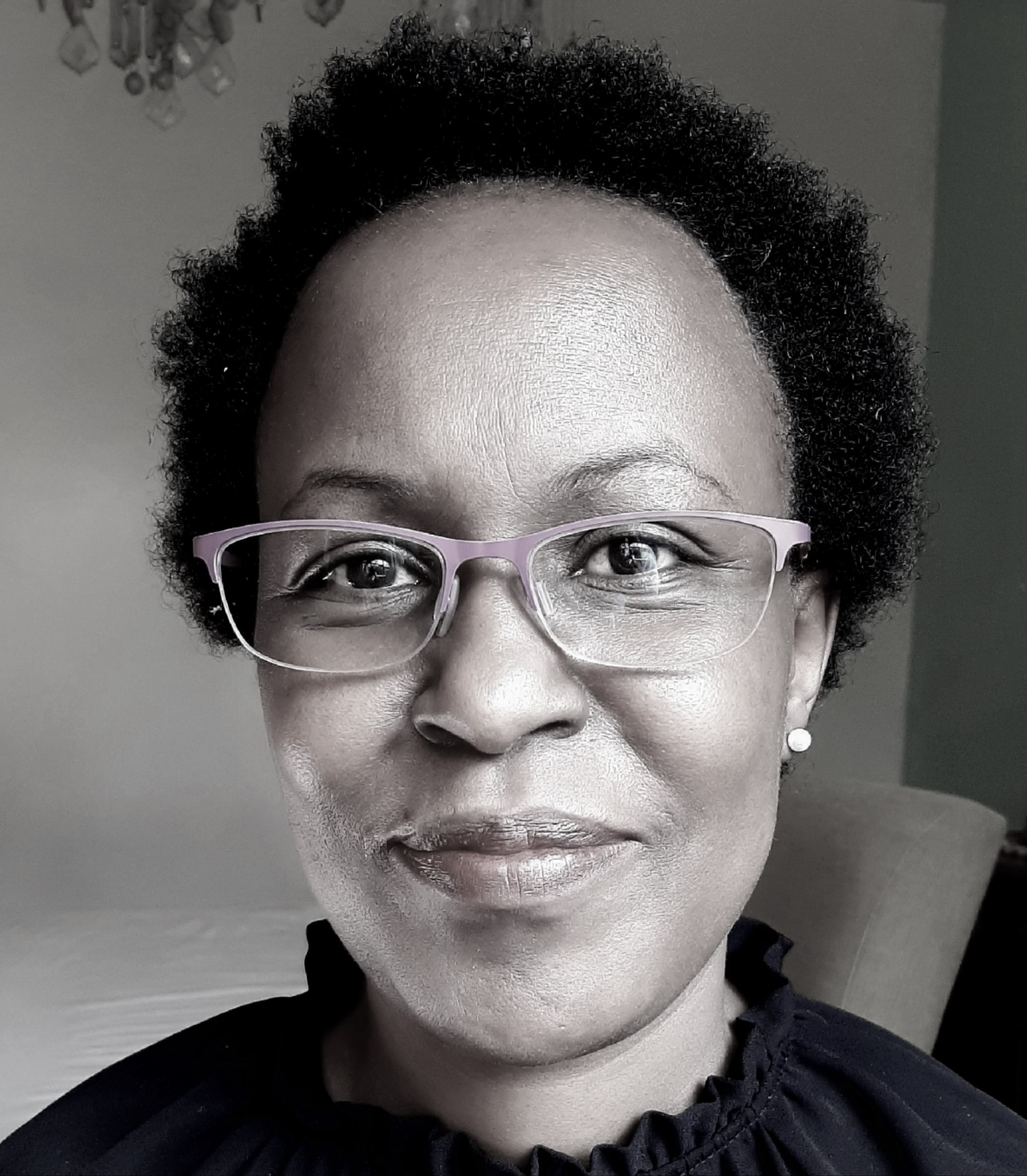
Pauline Githugu
Team Leader
Pauline Githugu
Team Leader
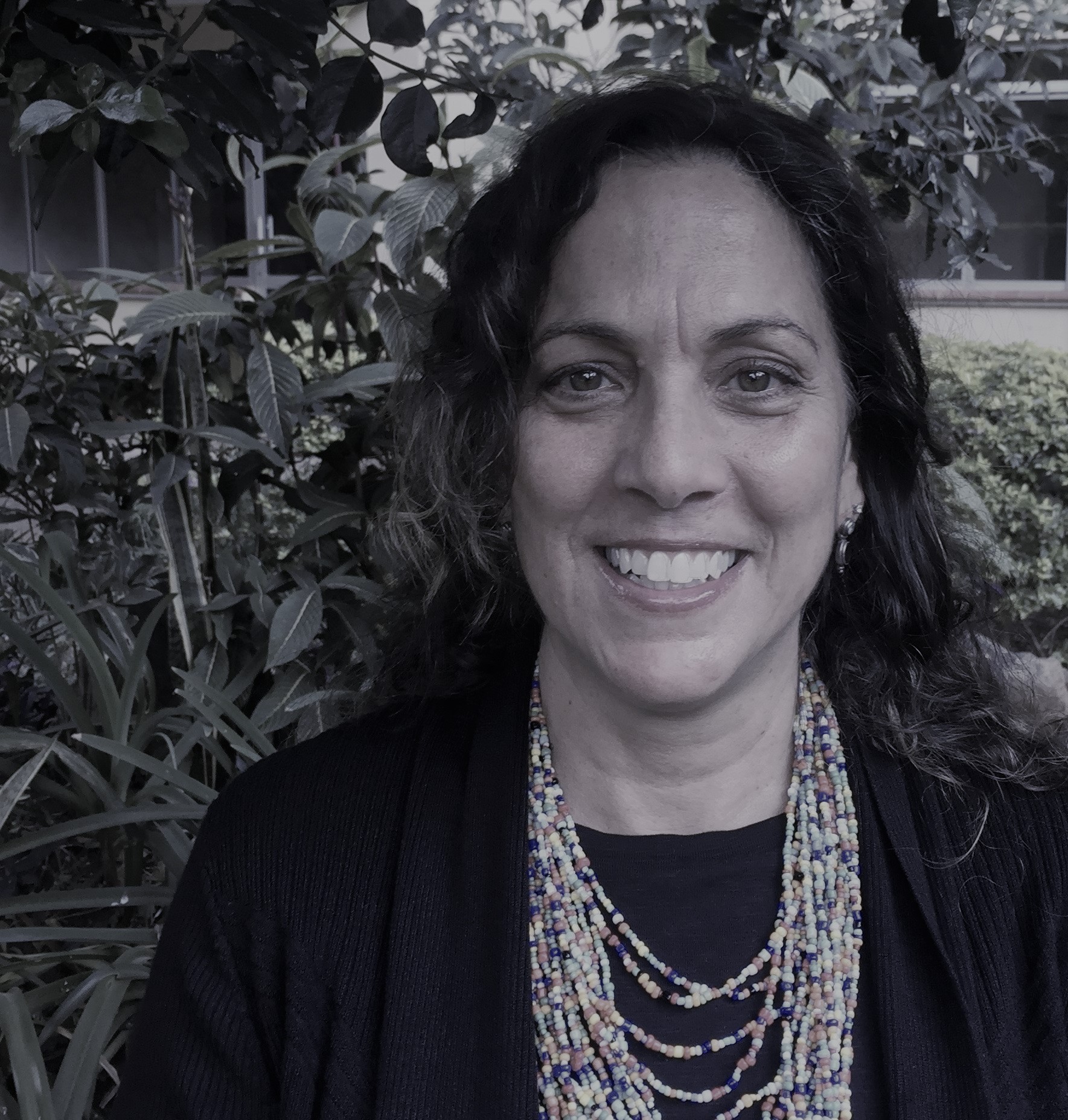
Joyce DeMucci
Deputy Team Leader
Joyce DeMucci
Deputy Team Leader

Staale Brinchmann
Programme Director
Staale Brinchmann
Programme Director

Thomas Chapman
Programme Manager
Thomas Chapman
Programme Manager
Country Managers

Aminata Dumbuya
Sierra Leone
Aminata Dumbuya
Sierra Leone

Ghana, Kenya, Somalia
Ghana, Kenya, Somalia

Chibuikem Agbaegbu
Nigeria
Chibuikem Agbaegbu
Nigeria
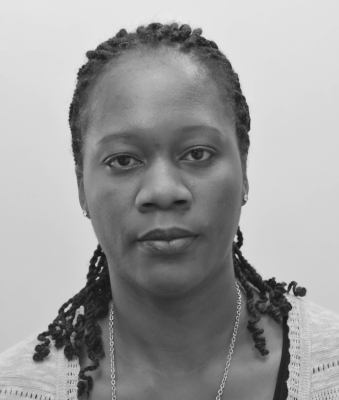
Doreen Chipika Bwalya
Zambia
Doreen Chipika Bwalya
Zambia
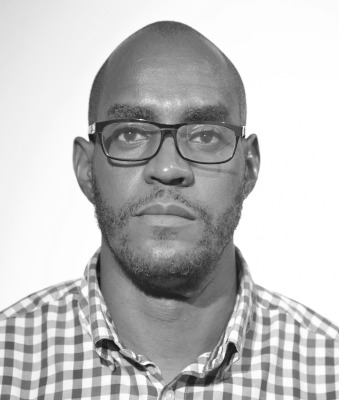
Joel Essien
Uganda
Joel Essien
Uganda
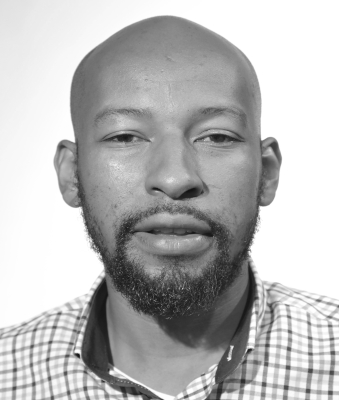
Reginald Mapfumo
Malawi, Mozambique, Zimbabwe,
Reginald Mapfumo
Malawi, Mozambique, Zimbabwe,

Eden Fenta
Ethiopia
Eden Fenta
Ethiopia
Address:
4th Floor, Prosperity House,
Westlands Road, Nairobi-Kenya.
Phone:
+254 020 2710484/5
Email:
info@ace-taf.org
